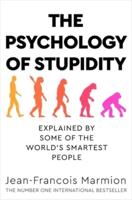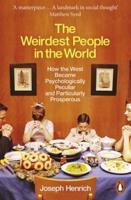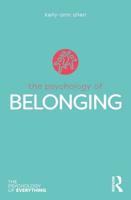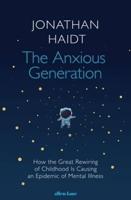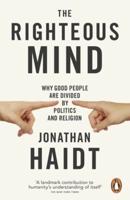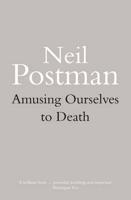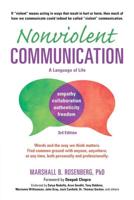Publisher's Synopsis
Early all of us are drawn into believing the cornerstones of happiness. These include beliefs that certain adult achievements, like marriage and children, jobs or wealth are certain to make us content while certain failures or difficulties (health issues and being single for an extended period, as well as having less money) could make us unhappy. Unfortunately, this simplistic notion of happiness remains even in spite of substantial evidence suggesting otherwise.
Another misconception of happiness is the belief that I will only find contentment once I achieve certain goals, such as getting that promotion, declaring my sexual orientation out loud or having children or becoming wealthy. While such goals might make us happier in certain instances, their achievement doesn't guarantee it; chances are, it will definitely result in happiness for us all. However, even initially fulfilling goals may not bring as much happiness over time as we expected them to. Therefore, if achieving them does not bring us the fulfillment that was anticipated it is likely an indicator that something is amiss in our lives or that this feeling is unique to us alone.
One of the more pervasive and negative myths about happiness is "I cannot be satisfied", leading to overreaction when something bad happens to us. Our response may sometimes go too far in its intensity. At times, we feel as if our lives will never be truly satisfying; or at least not the way they used to be lived before we reached certain goals and reached goals that weren't quite as enjoyable; my relationship is in crisis, my goals have been reached but still feel unfulfilled, my job no longer brings enjoyment, test results are positive; but this should never happen. Please accept my deepest apology if this occurs for any of you! What I would like this book to convey is the reality that our actions, rather than circumstances, will determine their outcomes. While certain challenges may seem to alter our lives indefinitely, ultimately our responses are what determine the results. Initial reactions are what turn changes of events into crises, not their predicted and normal nature. Our initial responses lead us to select dramatic, potentially destructive responses.

